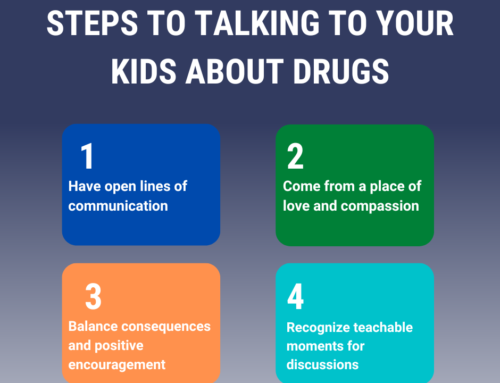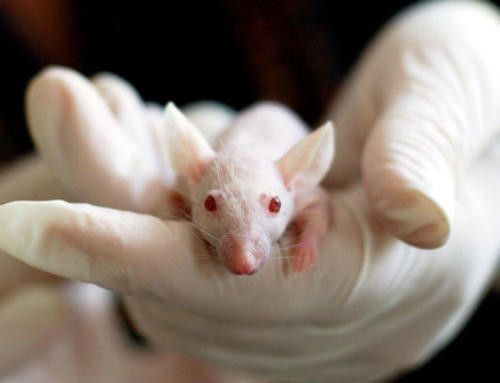Substance use disorders seem to have many myths surrounding them amongst people who have never experienced addiction and substance use issues. There are common myths people think about when it comes to addiction, so it helps to dispel them in order that people might see things for how they really are.
Addiction is Not a Disease
Addiction is a brain disease and it requires a disease model. There is a huge disconnect in the way addiction is spoken about and substance use disorders are treated. If you want to apply a disease model to treating addiction, long-term, medication-assisted treatment (MAT) would be more widely accepted. The idea of relying on maintenance drugs long-term does not sit well with some people who believe in pure abstinence. This challenges many people to think differently about how best to treat addiction, which looks different for everyone.
People Need to Detox to Stop
Relying on detox alone to treat substance use disorder is not enough to sustain lasting recovery. With just detox, and no additional treatment, relapse happens almost spontaneously. The success rates are severely low. Quitting cold turkey in the absence of other forms of recovery support increases the risk of overdose if the person were to relapse.
Methadone and Buprenorphine Use is Trading Addictions
Rather than looking at how the drugs may support a person’s recovery, some people believe using methadone or buprenorphine is just trading one drug for another. MAT drugs like methadone and buprenorphine only serve to help the person in recovery gain normal functioning. The idea is to help a person get stabilized so they can resume other treatments to get them to a more fuller, lasting recovery.
It’s the Person with Addiction’s Fault
Nobody can take the blame when it comes to addiction. Substance use is the only area where treatment failure is blamed on the person in recovery. Failure may even be part of the process as the person learns how to recognize what it takes to succeed. Behavioral change is an imperfect process. It takes some time to challenge those old habits and get the brain and body working better together. It may never be how it was before the person starting using drugs or substances, but it can definitely be better than ever before, with the right treatment, support, and persistence to succeed in the face of adversity.
The Springboard Center’s addiction treatment programs are tailored to meet the needs of each client. By utilizing a set of diverse methods of addiction treatment, we are able to deal with your addiction from all angles and concentrate on every aspect of your healing process. It is important to recognize that many of our services offer a group setting and environment, so that the client spends time with other people affected by the same chronic disease and problems. 432-620-0255




